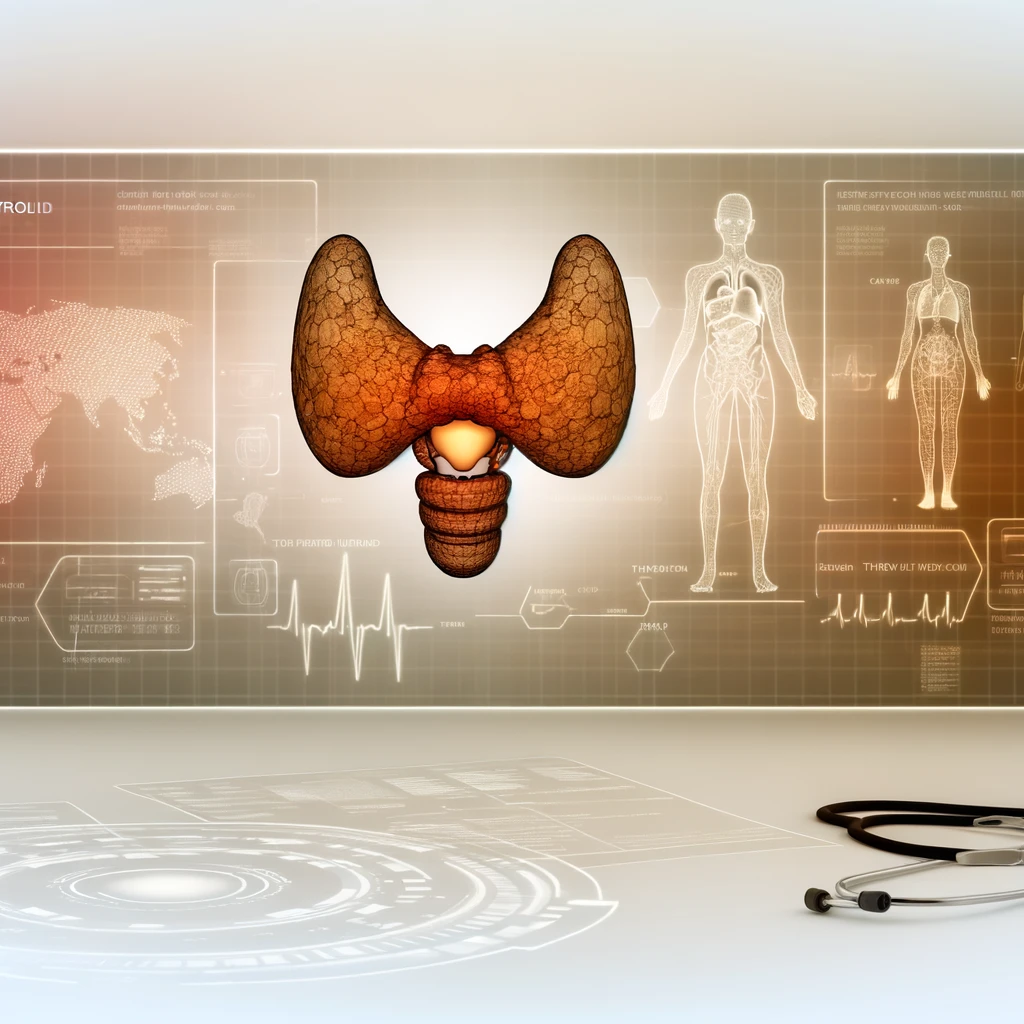
Preventative Healthcare: Staying One Step Ahead of Illness
In today’s fast-paced world, maintaining good health is more crucial than ever. Preventative healthcare offers a proactive approach to health management, focusing on preventing diseases before they occur. This article explores the importance of preventative healthcare and provides strategies to help you stay ahead of illness.
Understanding Preventative Healthcare
Preventative healthcare refers to measures taken to prevent diseases rather than treating them after they occur. It encompasses a wide range of practices, including regular health screenings, vaccinations, healthy lifestyle choices, and education on potential health risks.
The Benefits of Preventative Healthcare
There are numerous benefits to adopting a preventative healthcare approach:
- Reduced Risk of Chronic Diseases: Preventative measures can significantly reduce the risk of chronic illnesses such as heart disease, diabetes, and cancer.
- Cost Savings: By preventing diseases, individuals can avoid costly treatments and hospitalizations, saving money in the long run.
- Improved Quality of Life: Maintaining good health through prevention leads to a higher quality of life and increased longevity.
Key Strategies for Preventative Healthcare
Implementing preventative measures requires commitment and a strategic approach. Here are some key strategies to consider:
Regular Health Screenings
Regular health screenings are vital for early detection of potential health issues. Screenings such as blood pressure checks, cholesterol tests, and cancer screenings can identify risk factors before they develop into serious conditions.
Vaccinations
Vaccinations are a cornerstone of preventative healthcare. They protect individuals from infectious diseases and contribute to community immunity.
Healthy Lifestyle Choices
Adopting a healthy lifestyle is paramount in preventing illnesses. This includes maintaining a balanced diet, engaging in regular physical activity, and avoiding harmful habits like smoking and excessive alcohol consumption.
Stress Management
Chronic stress can lead to numerous health issues. Implementing stress management techniques such as mindfulness, meditation, and regular exercise can greatly enhance overall well-being.
Education and Awareness
Staying informed about potential health risks and understanding how to mitigate them is crucial. Educational resources and programs can empower individuals to take charge of their health.
The Role of Healthcare Providers
Healthcare providers play a significant role in promoting preventative healthcare. By offering guidance, resources, and personalized care plans, they help individuals make informed decisions about their health. Regular consultations with healthcare professionals ensure that preventative measures are being effectively implemented.
Conclusion
Preventative healthcare is an essential component of modern health management. By adopting a proactive approach, individuals can significantly reduce their risk of illness, improve their quality of life, and enjoy the benefits of long-term health. Embracing preventative strategies and working closely with healthcare providers will help you stay one step ahead of potential health challenges.
Remember, your health is your most valuable asset. Invest in it wisely by prioritizing preventative healthcare.
Related Articles





